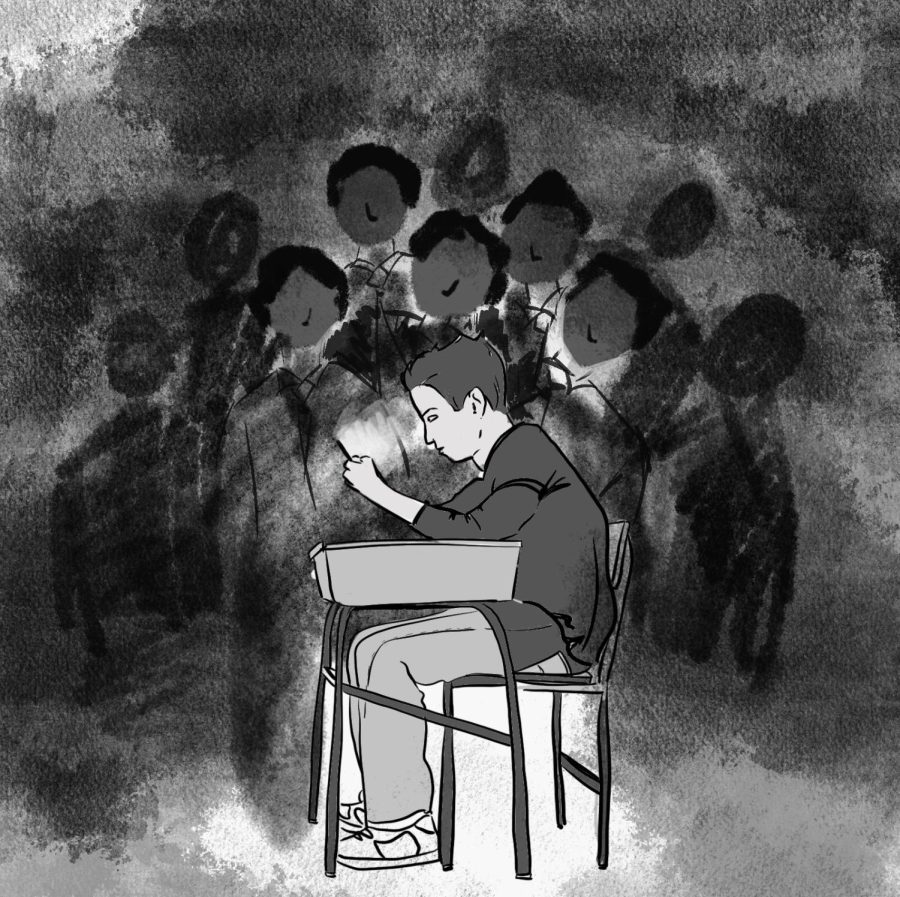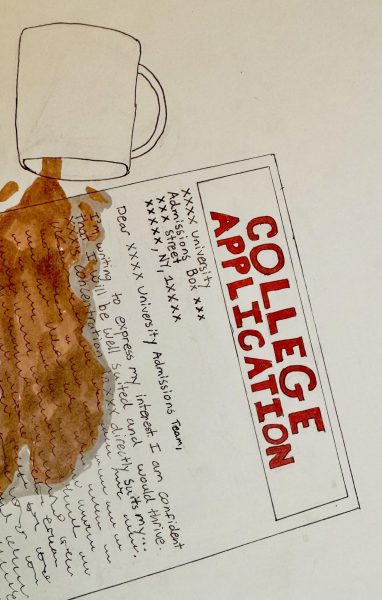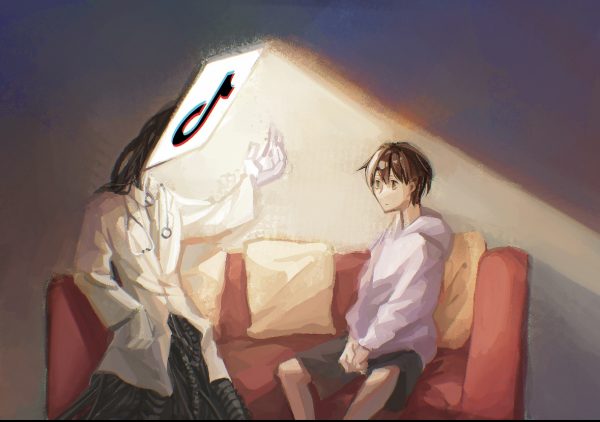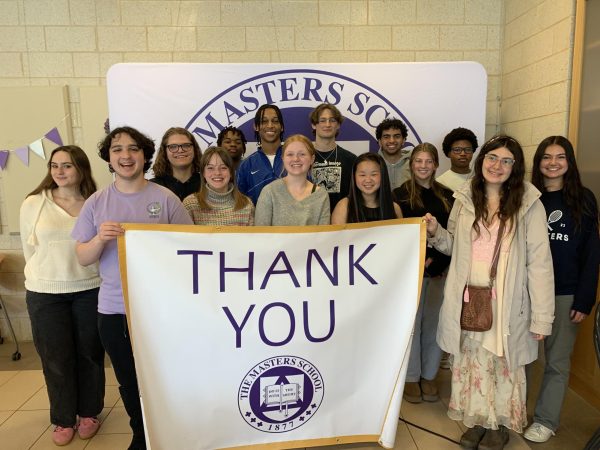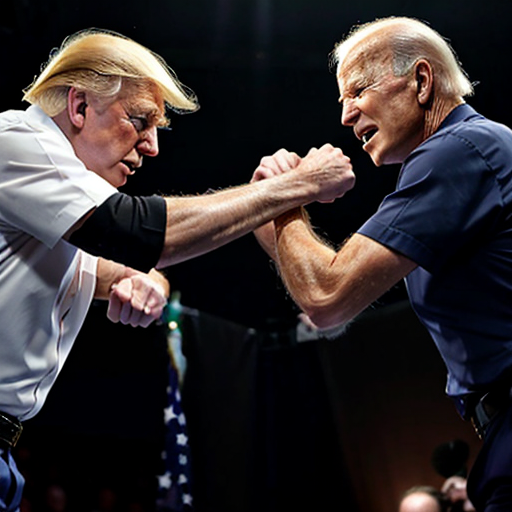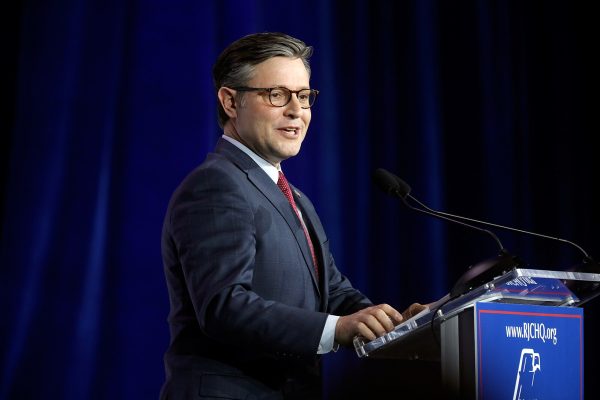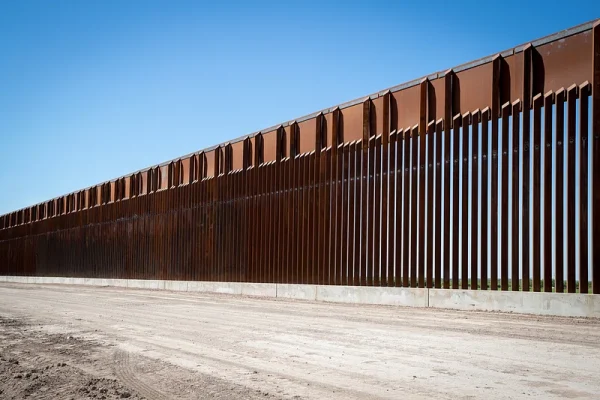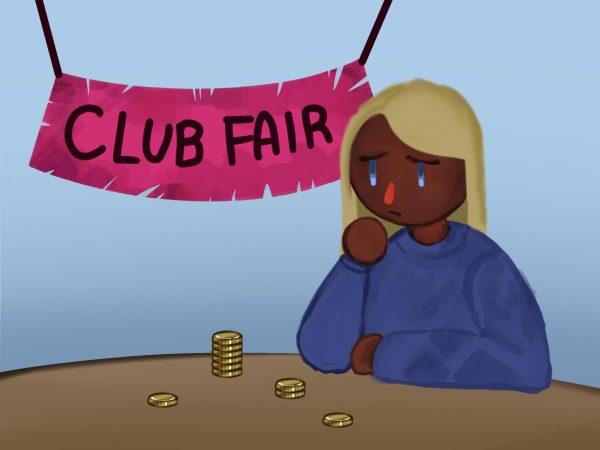Schools overstep with electronic surveillance
The inspection policy is a policy in the student handbook which states that the school is allowed to inspect students online activity. This policy can be enacted when there is no evidence that there is a threat to safety.
May 27, 2022
In this modern day, having some form of social media is about as common as the cold. Whether it be Instagram, Snapchat, TikTok, Email, or some other virtual form of communication, a majority of teenagers communicate via cellular device. Having to keep up in these technologically-advanced times, schools obviously need to incorporate social media and online activity into their guidelines for students. The Masters School has certain flexibility when setting these guidelines as we are an independent school. I believe the school tends to be too invasive in the precedents that have been set.
The Student Handbook:
Head of Upper School Peter Newcomb has been a part of the Masters community for over six years and has had numerous experiences with students and technology.
Newcomb emphasized the student handbook, which contains social media policies for faculty, students, and administration. “The handbook gives the school a pretty broad swath of discretion when it comes to what students choose to post or choose not to post, particularly when it comes to the school culture,” Newcomb said.
But what can be considered “crossing the line” in terms of school culture and its impact? Newcomb agreed that the “line” can be considered subjective. He said, “I think people will all have different perspectives as to what does or does not impact a community or an individual.”
It is completely understandable that the determination of crossing the line of school culture can be considered abstract, especially when new variables such as COVID-19 overtook the world. While I do believe that protecting and ensuring student safety should be a top priority, invading student’s personal lives should not be
The Inspection Policy:
After reading the entire 97 page student handbook, I stumbled across the Inspection Policy, which holds the guidelines that are particular to online presence and rules regarding electronic devices. It explicitly says,“ Masters reserves the right to inspect and conduct a search of any location or item(s) that are suspected to be in violation of school policy or otherwise pose a risk to the school community. Inspections and searches may be conducted on a routine or random basis or as deemed necessary. This includes the right to search a student’s person, including personally owned cell phone, other electronic device, and any personal account (such as Gmail or Yahoo), any social media account, any gaming account, or other application. Inspection of electronic devices includes laptops, tablets, phones, cameras, cloud storage sites, and any other electronics, including the contents of the same, such as texts, emails, photos, images, contact lists, etc. Upon request of a school administrator, any logins and passwords must be provided. (page 45) ”
The problem with the Inspection Policy [as stated above] is that the school is technically allowed to intrude into students’ online and personal lives with the possibility of no evidence that there is a threat to safety. Lack of specific wording can lead to invasion of privacy and unethical behavior by administration. This would mean that the administration has violated the trust they have gained with the student by preaching safe space and confidentiality between students and the school.
Student lives
The Mission Statement at Masters stresses the importance of safety, well-being, and reputation that are to be upheld by students both online and offline no matter the circumstance. I completely understand a school’s need to protect students and members of the community from harm, but by including harm to the Masters reputation as a reason for invasion in student privacy, it expands the boundaries between students and administration.
For example, if a student messages a friend something inappropriate and the administration somehow catches wind of this, they would have full access to the student’s personal texts. This example is similar to a case presented to the Supreme Court involving the ability of schools to regulate student social media speech made off-campus: Mahanoy Area School District v. B.L. Although inappropriate language was used, these texts were sent off campus and therefore should not be within Masters authority. These online interactions should not be considered a breach of the Masters reputation if the texts were just between these two students nor did they cause any harm or threat to safety. All these points were validated when the Supreme ruled in favor of the student. The Court rejected the rule restricting a public school’s regulatory rights to on-campus speech, explaining that a school may only have regulatory interests when off-campus speech concerns bullying, harassment, and online-based learning. Masters should take this case into consideration and realize the extent to which they are able to insert themselves into our personal lives.
Other students have noticed the invasion of privacy the handbook allows.
Sylvie Gromada ‘23 has been a part of the Masters student body for six years and disagrees with the school’s wide-wielding. She said, “I do not think the policies the school has are fair. There is this lack of mutual respect between the administration and the students that can breed resentment.”
“I do not think the policies the school has are fair. There is this lack of mutual respect between the administration and the students that can breed resentment.” — Sylvie Gromada
Additionally, juniors Morgan Young and Sophia Semzcuk have both experienced issues with the Inspection policy and the message that it sends to students.
Young said, “It is really messed up how they preach having a safe space and maintaining privacy. Them taking that ability away from you places distrust in the administration and affects your mental wellbeing at school.”
Semczuk agreed with this sentiment, emphasizing the hypocrisy of the administration and the safe space mentality that they espouse. She said, “I feel that the policy is blatantly intrusive and contradicts the message that Masters preaches about students prioritizing mental health and deconstructs the feeling of safety that a community like masters is supposed to provide.”
I understand the need to implement such extreme measures, as the safety of the students should be a top priority. When coming to Masters, every student agreed to the policies in the handbook whether they like it or not. This handbook includes the Community Standards that tell students the do’s and don’ts of social media. We are also minors, so of course we can’t control the policies that the administration deems worthy. But when students know that the administration has the right to perform random inspections of their physical and electronic belongings, it can lead to mental stress, fear, and resentment towards the administration.
The solution to this invasive inspection policy would be rewording the policy to allow more confidentiality and respect to the student body. Instead of allowing full access to online accounts if there’s a possibility of a threat to a student or students, the school should only be allowed to investigate and inspect online activity when there is a confirmed threat or depending on the severity of the threat. An example of this is already in our handbook.
Privacy
The handbook section that discusses privacy and confidentiality states, “Privacy and Confidentiality: All persons, including students, have a right to privacy. This includes keeping a student’s gender identity and expression private. Such private information shall be shared only on a need-to-know basis. (page 7)” Masters themselves admit a students right to privacy, so I think that it should be applicable to students’ online activities unless there is a definitive and proven breach or threat of safety.
As I mentioned previously, Masters has the ability to rewrite and revise policies as they see fit. Compared to public schools that have certain set rules for online activity based on their district and the decision of the Supreme Court, independent schools have greater freedom in what they can allow students to post or say online. Masters should take advantage of this privilege and reexamine their policies that would allow less invasive activity and better connections between students and supervisors.



